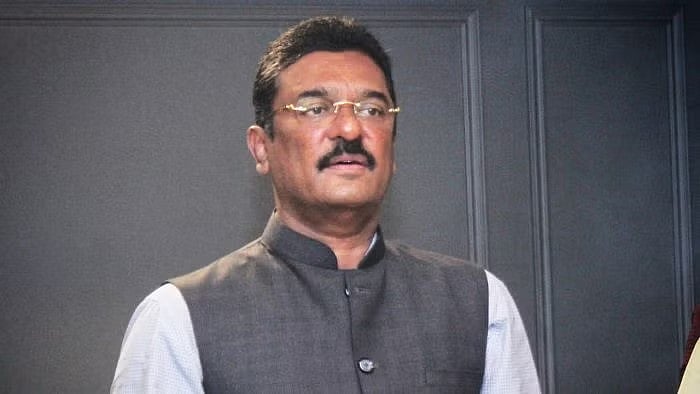Lucknow: A quiet revolution is reshaping India's entrepreneurial landscape as Tier 2/3 cities like Basti, Bareilly, and Bhadohi birth scalable ventures addressing hyper-local needs. Unlike metro-based unicorns chasing valuations, these "practi-corns" focus on tangible impact - from agri-tech reducing post-harvest losses to digital platforms connecting artisans with global markets.
The Bharat entrepreneurial model thrives on three advantages: proximity to problems (farmers constitute 60% of early adopters for agri-startups), lower operational costs (70% savings compared to metros), and community-driven validation. Successful cases include Bareilly's "Krishi Saathi" app helping 50,000 farmers optimize fertilizer use and Bhadohi's "Loom Connect" doubling weavers' incomes through direct B2B sales.
Government initiatives are accelerating this shift:
UP's ODOP scheme has enabled 1,200+ rural MSMEs since 2022
Startup UP incubated 483 non-metro ventures in 2024 alone
78% of PM SVANidhi beneficiaries expanded businesses digitally
"The internet has democratized access," notes Lucknow-based entrepreneur Ritu Verma, whose dairy-tech platform serves 300 villages. "Our WhatsApp-first approach achieves 85% engagement versus 25% for apps in these areas."
With 62% of India's new internet users coming from rural areas (IAMAI 2024), Bharat's entrepreneurs are proving that scalable solutions need neither glass towers nor venture capital - just deep market understanding and adaptive technology.

Why Bharat's entrepreneurs hold an unfair Advantage
While metros grapple with saturation, Tier 2/3 founders leverage intrinsic strengths:
1. Market Insight: Living among their customers eliminates guesswork - Ballia's "Shiksha Mitra" ed-tech grew 300% by adapting to local dialect needs
2. Trust Networks: 68% of rural consumers prefer businesses recommended by community leaders (Nielsen 2025)
3. Operational Agility: Bareilly's "Solar Saheli" trained 400 women as technicians via Telegram groups
The real barrier isn't resources but mindset. As Varanasi-based AI trainer Mohit Patel explains: "We used village panchayats as beta-testers for our farm advisory chatbot. Zero market research cost."
With 59% of rural MSMEs now digitally enabled (MSME Ministry), Bharat's entrepreneurs are rewriting rules - proving that a kirana store's cash register can ring as loud as a unicorn's valuation.










